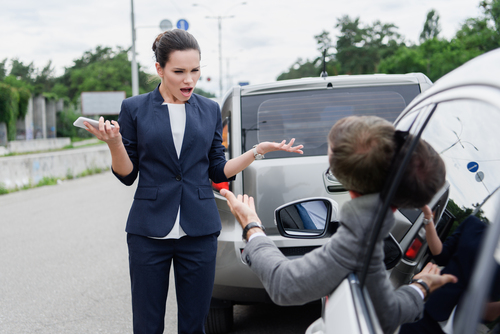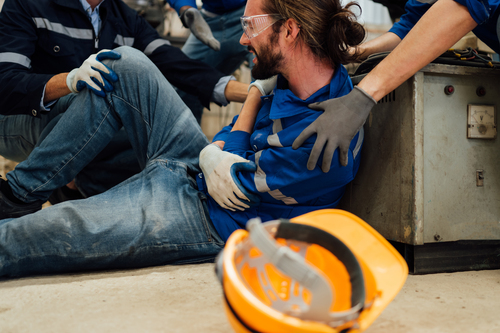Your Rights to Peaceful Protest

The First Amendment allows U.S. citizens the right to freedom of speech. This means that we have the right to protest if we feel we need to speak out about injustices in the community, nation or world at large.
However, the law only allows peaceful protests. You cannot go out and hurt or kill people because you feel we’ve been wronged. You cannot go out and commit other crimes, such as looting or damaging property.
Sometimes protests can get out of control, causing personal injury. Therefore, it’s a good idea to understand your legal rights and know what to do if your rights have been violated.
What Are My Rights?
You have the most rights in public forums such as streets and parks. While you can protest in front of government buildings, you must be careful not to restrict access. You can protest on private property if you own it or have consent from the owner. As far as taking pictures, you can photograph anything in plain view. Police cannot detain you for taking photos unless there is reason to believe you are committing a crime. If they do, remind them that under the First Amendment, you have the right to do so.
Marches and parades may require permits. However, most protests assembling on streets do not require one.
If you believe your rights have been violated, take notes of the incident. If police officers were involved, write down their information. Get contact information of witnesses. Take photos of any injuries.
Police officers must allow a peaceful protest. However, they do have the right to shut down a gathering if there is any type of disorder, such as interference with traffic, a riot or other threat to public safety.
What if I am Stopped by Police?
If police stop you, stay calm and show them your hands. Don’t argue with police, as that will just make matters worse. However, you should tell them that you are simply exercising your rights under the First Amendment.
If you are arrested, you can ask why, but don’t engage in further discussion. Contact a lawyer first, as anything you say or do will be used against you. You do not have to consent to a search of your possession. However, once you are arrested, police can pat you down to search for weapons. You are allowed to make a phone call. If you are taking pictures, police cannot demand to see the photos or confiscate them.
Get Legal Help for Your Florida Protest Case
Protests have been happening constantly in this country throughout the year as people speak out against racism and political issues. Before you organize or attend a protest, make sure you understand what is and what is not allowed.
Have you been injured during a protest or riot? If so, get help from the Tampa personal injury attorneys at Pawlowski//Mastrilli Law Group. We will hold the liable parties responsible and get you the compensation you deserve. Schedule a free consultation today. Call 813-242-4404 or fill out the online form.
Resource:
aclu.org/know-your-rights/protesters-rights/
https://megajustice.com/understanding-traumatic-brain-injuries/











